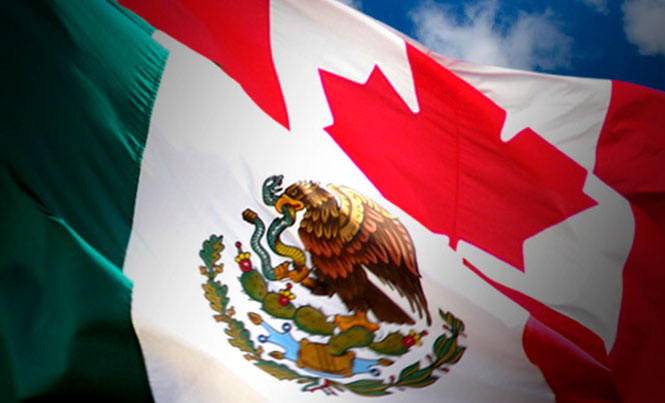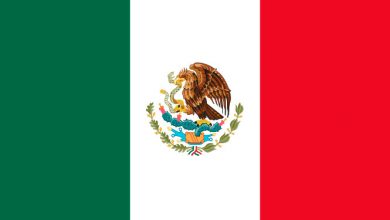Becoming a Non-Resident of Canada for Tax Purposes
If you are a Canadian residing in Mexico, you should consider the possibility of becoming a non-resident Canadian for tax purposes only.

Most Canadian provinces now have a marginal tax rate of 53.5% of worldwide income. Mexico has a flat tax rate of 30%. Canadians can retain their citizenship and any benefits while shedding their residency. It is a popular misconception that Canadians must cancel all ties with Canada. In fact, Canadians can keep some ties with Canada.
The CRA will initially consider only three factors to make this determination. If there remains a doubt, they will then consider other factors. Those are:
- Does the individual reside permanently in a country that has a tax treaty with Canada?
- Does the individual have a permanent home available in Canada?
- Does the individual have a permanent home in the new country?
Canadians residing in Mexico can successfully argue that they are a non-resident Canadians if they are registered to pay taxes in Mexico.
Myths Related to Being a Non-Resident
“If I cease to be a non-resident, I will have to renounce my passport.”
FALSE: Residency and citizenship in Canada are two different legal statuses. You can retain your Canadian citizenship if you cease becoming a resident. Furthermore, if you change your plans, you can return to Canada and elect to become a resident once again.
“If my spouse and children are living in Canada, then I cannot renounce my residency.”
FALSE: Having a spouse, a common-law relationship or dependents residing in Canada will weigh in the decision but will not be a determining factor.
“I must break all ties with Canada.”
FALSE: A Canadian citizen can maintain some ties, including utilizing banks or credit cards, membership to clubs and even own property and still be considered a non-resident of Canada.
“If I reside outside Canada for more than 183 days, I am considered a non-resident.”
TRUE: If you have resided outside of the country for more than 183 days, cumulatively, over the previous 12 months then you are “deemed” to be a non-resident Canadian. It can be contradicted by evidence demonstrating that you are a resident and that it was not your intention to be considered a non-resident Canadian.
“I need permission from Canada to cease becoming a resident.”
FALSE: There is no such requirement. The purpose of notifying the CRA of your residency status is only to determine the taxes that are payable on property owned in Canada and that you are presumed to have sold before changing your status.
“I will lose my pension if I live abroad.”
FALSE: Although you may no longer contribute to your pension funds, you will not lose them.
“It is difficult to notify CRA of non-resident status.”
FALSE: It can be done by filing the last Income Tax Declaration in Canada and selecting the option indicating that this is their last tax report in Canada, as they will consider themselves non-residents for the future.
For the full article and information to determine if you qualify to become a non-resident of Canada, see: https://mexlaw.ca/becoming-non-resident-canada-tax-purposes/







